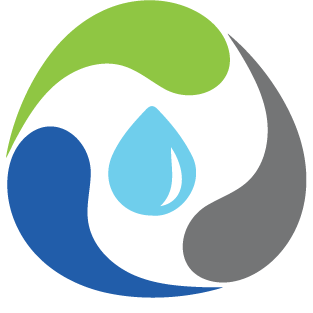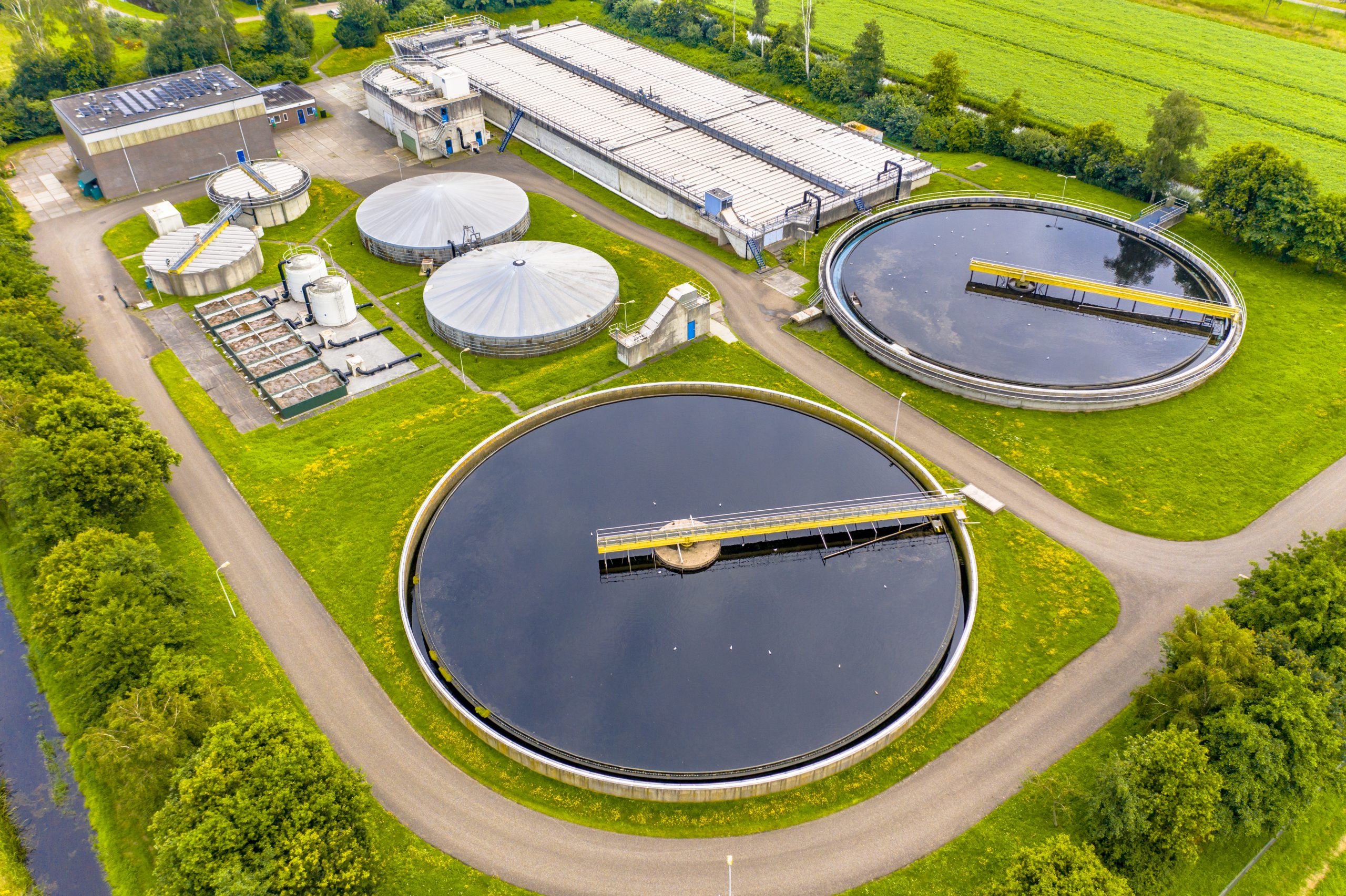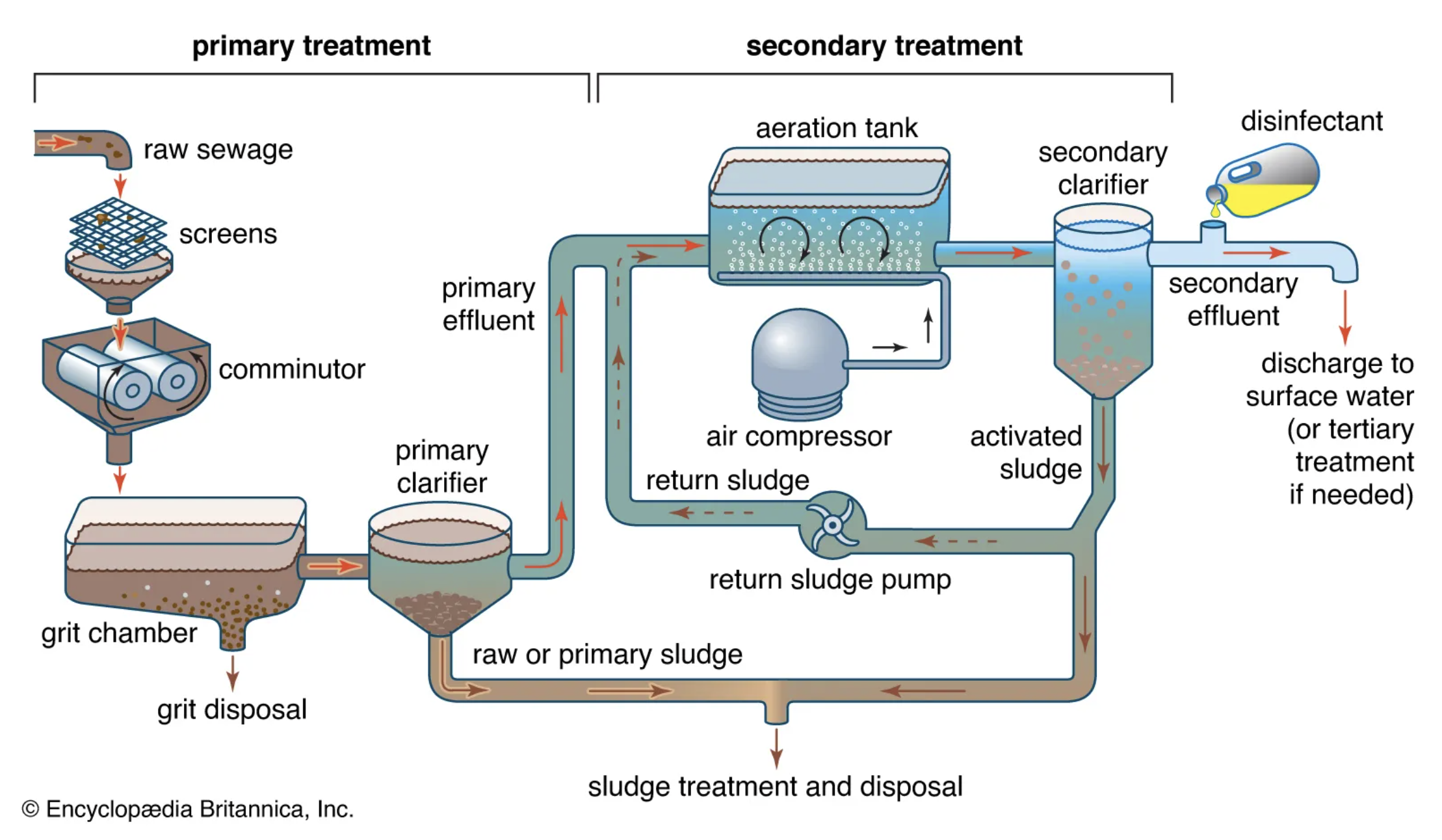

Wastewater is used water. It includes substances such as human waste, food scraps, oils, soaps and chemicals. In homes, this includes water from sinks, showers, bathtubs, toilets, washing machines and dishwashers. Businesses and industries also contribute their share of used water that must be cleaned
It's a matter of caring for our environment and for our own health. There are a lot of good reasons why keeping our waterclean is an important priority:
FISHERIES: Clean water is critical to plants and animals that live in water. This is important to the fishing industry, sport fishing enthusiasts, and future generations.
WILDLIFE HABITATS: Our rivers and ocean waters teem with life that depends on shoreline, beaches and marshes. They are critical habitats for hundreds of species of fish and other aquatic life. Migratory water birds use the areas for resting and feeding.
RECREATION AND QUALITY OF LIFE: Water is a great playground for us all. The scenic and recreational values of our waters are reasons many people choose to live where they do. Visitors are drawn to water activities such as swimming, fishing, boating andpicnicking.
HEALTH CONCERNS: If it is not properly cleaned, water can carrydisease. Since we live, work and play so close to water, harmful bacteria have to be removed to make water safe.

Webmaster : Ussanifongfah Na Ranong M.5/5 No.2
Reference : https://www.usgs.gov/

Effects of Wastewater
1. Water and Habitat Contamination The most immediate effect of wastewater on the environment is when it contributes toward the contamination and destruction of natural habitats and the wildlife that live in those habitats by exposing them to harmful chemicals that would otherwise not be present over the natural course of things.
2. Squalor Besides the diseases wastewater carries, the combination of human waste, solvents, and paints create fumes that aren’t only putrid but they also expose people to harmful fumes. There’s a real danger when you inhale sewage gas.
3. Soil Degradation Chemicals that are harmful to crops may find their way to the soil when the wastewater isn’t properly treated. These chemicals will cause the soil to yield fewer crops at a slower rate. Consider also the fact that these crops will eventually be eaten, which can also harm humans.
4. It Contains Harmful Substances The composition of wastewater may include heavy metals, pathogens, salts, toxic chemicals, oil and grease, solids, nutrients, sludge, acids and bases, toxic organic compound, organic and inorganic materials.
5. Wastewater Effects on Water Bodies Toxic compounds in the effluent disrupt aquatic ecosystems. When a large amount of biodegradable substances end up in the water, organisms will start to break them down, and they use a lot of dissolved oxygen. Dissolved oxygen is critical for marine life to thrive, and as it becomes depleted, it can be life-threatening for fish.
6. Other Harmful Characteristics of Wastewater When untreated wastewater gets dumped, it’s often warm or even hot, which can elevate the temperature of the water, further disrupting the ecosystem. Fish are cold-blooded, so they rely on the water to regulate their own body temperature.